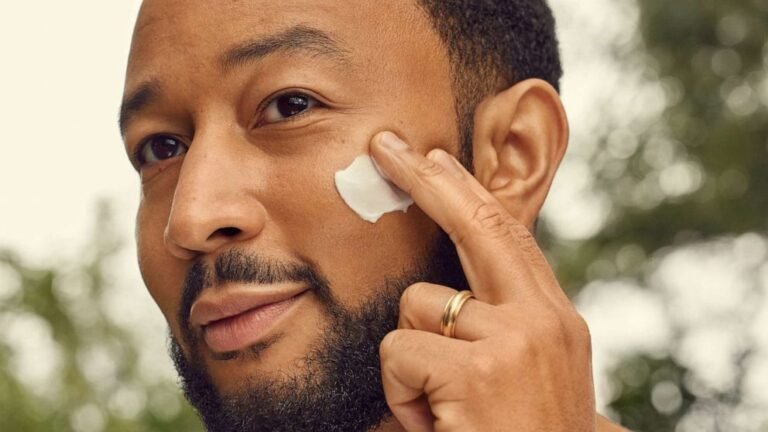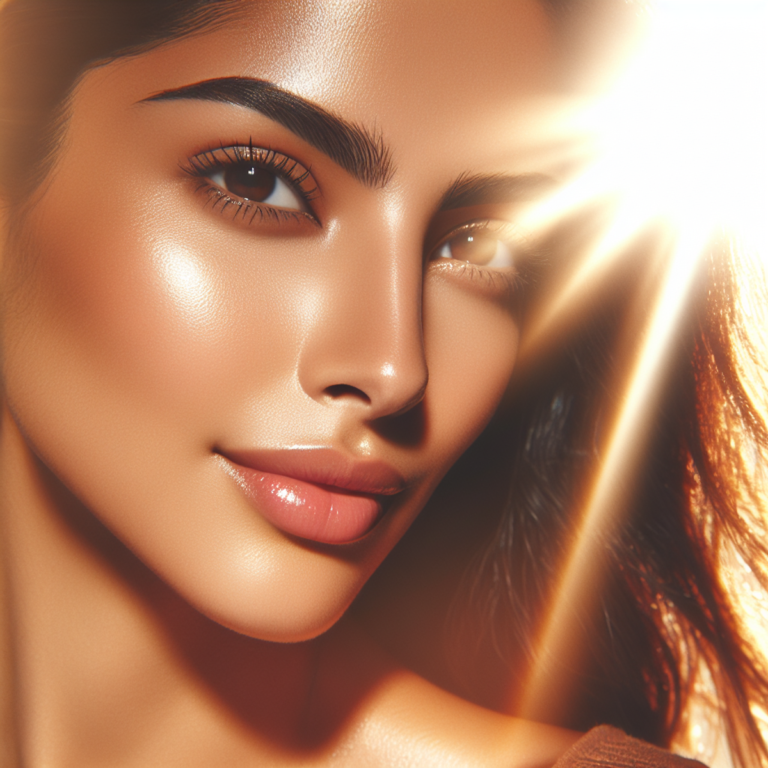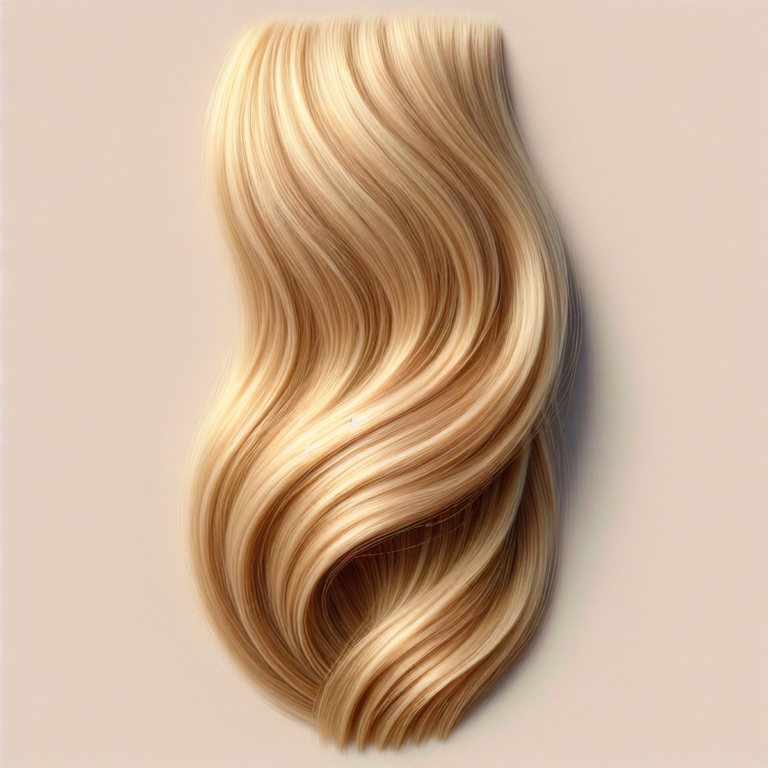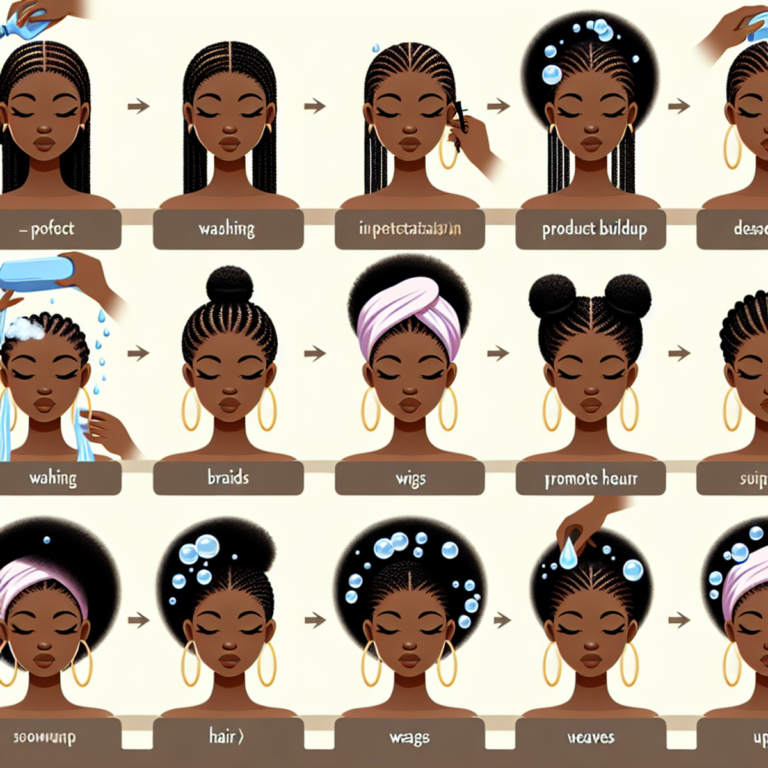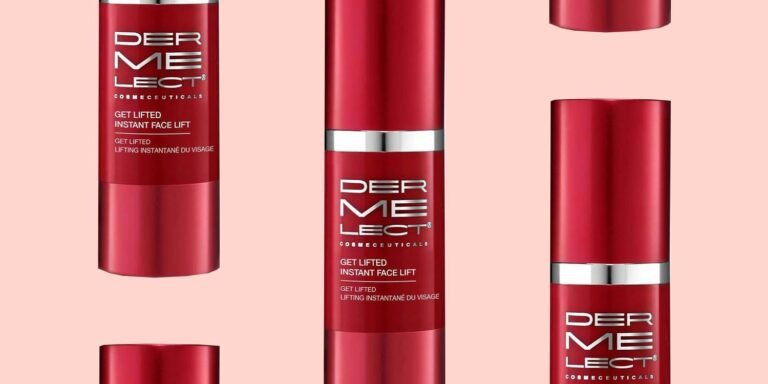Skin care obsessed tweens driving brands to discourage purchases.
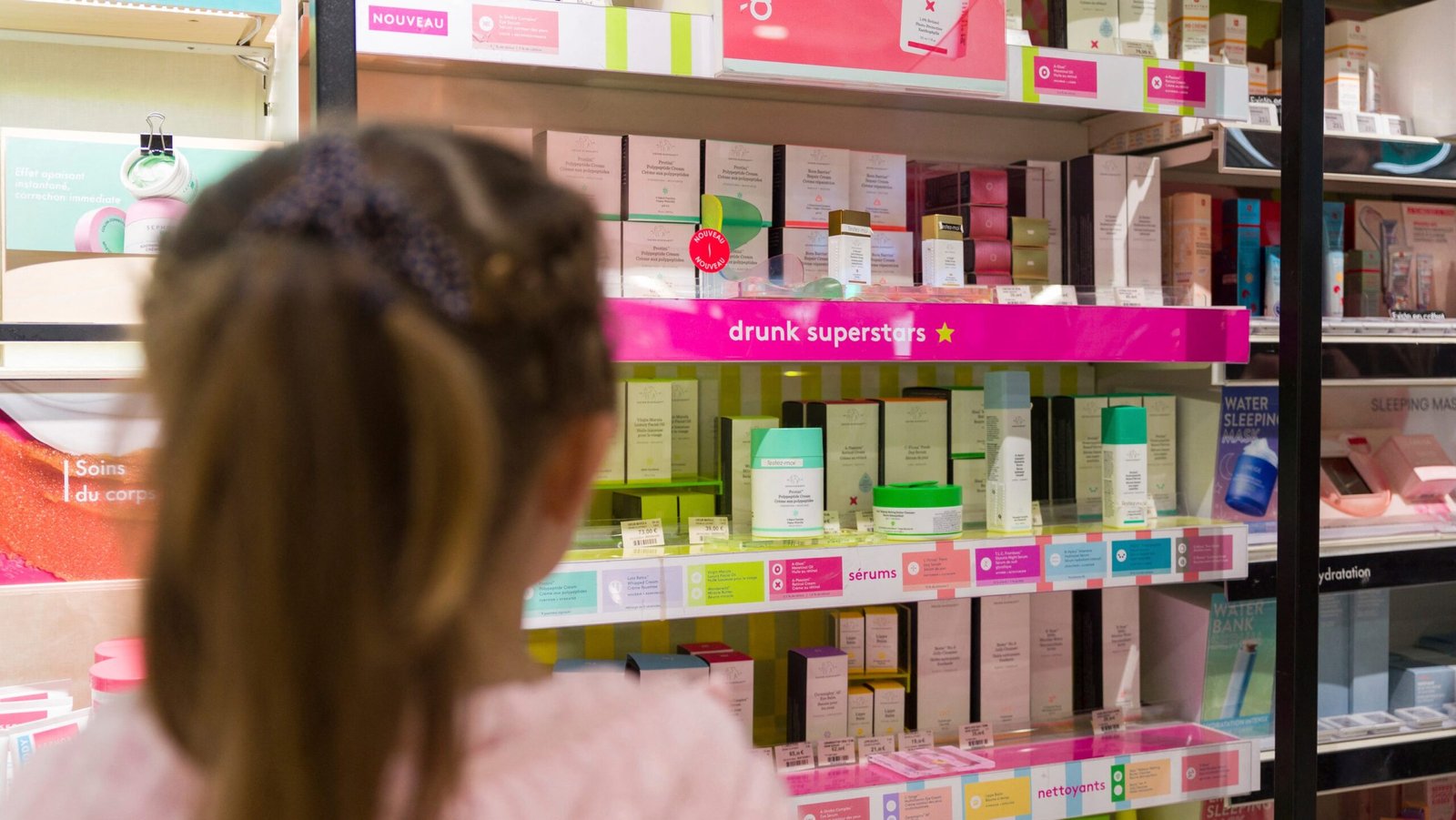
Magnificence Flash Information – The New Pattern of Children Shopping for Pores and skin Care Merchandise
When Shai Eisenman and her workforce at Bubble Skincare launched an exfoliating serum within the U.S. earlier this yr, they did one thing uncommon: They suggested a few of their core prospects to not purchase it. The rationale? The serum is just too harsh for hundreds of the model’s preadolescent followers – the precise demographic that founder Eisenman mentioned has been shopping for extra up to now six months, serving to drive Bubble’s growth into 12,000 shops within the U.S. and the UK. In posts on each TikTok and Instagram, the model advised youthful youngsters to keep away from its merchandise that exfoliate or deal with blemishes. They obtained greater than 40,000 likes.
“It’s not a standard factor for a model to come back and say, ‘You shouldn’t use my merchandise,’” Eisenman mentioned.
As demand for skincare within the U.S. has surged amongst teenagers and tweens, together with ladies as younger as 8 and 9 years outdated, magnificence manufacturers are navigating easy methods to talk with their new prospects. U.S. households with 6- to 12-year-olds spent 27% extra on skincare in 2023 versus a yr earlier, based on knowledge agency NielsenIQ. Households with 13- to 17-year-olds noticed an identical enhance. Each considerably outpaced the 13% progress fee throughout the U.S.
The shift has compelled manufacturers to give you a playbook to interact with a demographic that was barely fascinated with these merchandise a yr in the past – and to the adults who purchase them many of the gadgets. Firms are additionally navigating the potential authorized dangers of promoting to youngsters.
Whereas kids have lengthy tinkered with drugstore make-up, the latest skin-care craze is completely different: They’re spending more cash and shopping for extra refined therapies, mixing merchandise from Christian Dior SE and Drunk Elephant with lower-cost choices from manufacturers like L’Oréal SA-owned CeraVe.
The shift is boosting corporations which can be standard among the many group. Demand for Sol de Janeiro’s lotions and $38 physique sprays have helped push up shares of its guardian firm, L’Occitane Worldwide SA, by 40% this yr, making it among the many best-performing personal-care shares globally.
Shares in e.l.f. Magnificence Inc., whose $8 pores and skin toners and $13 face lotions are standard with teenagers, have nearly doubled up to now yr. Gross sales of its skin-care merchandise outpaced cosmetics in the newest quarter, spiking practically 90%.
Oshiya Savur, chief model and advertising officer at Maesa, which develops and runs personal-care and sweetness manufacturers, mentioned the pace at which youthful youngsters have seized on the development has been a “seismic shift.”
“We had been centered on Gen-Z and all of the sudden we’re speaking about Gen-Alpha,” Savur mentioned, referring to the cohort born because the early 2010s.
Many dermatologists agree that the majority tweens and teenagers solely want a cleanser, a moisturizer and a sunscreen. However some younger persons are shopping for half a dozen or extra merchandise, impressed by TikTok movies often known as “Get Prepared With Me,” which present influencers making use of layers of skincare and make-up.
“What’s troubling about this curiosity is how a lot consumerism is being pushed,” mentioned Ivy Lee, a board-certified dermatologist in Pasadena, California, and “the unstated message {that a} advanced and costly skin-care routine is required.” Lee is seeing extra younger sufferers with pores and skin irritation and breakouts triggered by utilizing too many merchandise.
Manufacturers are additionally eliciting the ire of some mother and father. When Drunk Elephant, owned by Shiseido Co., posted on social media a listing of greater than a dozen of its merchandise it mentioned are protected for youths, one commenter responded: “NONE of that is applicable for kids.” A Drunk Elephant spokeswoman mentioned the model doesn’t advocate younger folks use merchandise with a excessive focus of energetic components.
The pushback has led to a few of the world’s largest magnificence corporations responding with a type of anti-marketing. Final month, Kiehl’s, owned by L’Oréal, posted a photograph of a woman whose face was lined in ice cream to its nearly 1 million Instagram followers. “The one anti-aging cream youngsters should purchase,” the caption learn. In February, the Extraordinary, owned by Estée Lauder Cos., posted, “Teenagers, you don’t want ten steps,” cautioning younger folks to keep away from components like retinoids and alpha hydroxy acids.
By showcasing that they’re not advertising to youngsters, Kiehl’s and the Extraordinary are, by extension, interesting to oldsters who’re involved and bewildered by the skin-care surge. Manufacturers are eager to maintain mother and father completely happy partly as a result of they typically are those shopping for merchandise for his or her youngsters – in addition to themselves.
On a latest Saturday at a Sephora retailer in Manhattan, shopper Tonya Powell described how her younger daughters had received her into skincare. The shared curiosity “brings us nearer as a result of now we are able to discuss completely different merchandise and what we like and don’t like,” she mentioned. Sephora, owned by LVMH, has emerged as some of the standard locations for youths to purchase skincare. At two shops in Manhattan, a number of associates mentioned they’d been advised throughout coaching to advise teenagers and tweens to keep away from merchandise with energetic components such because the anti-aging retinol. A spokeswoman for LVMH declined to remark.
The massive cosmetics conglomerates are additionally cautious of leaping on the tween skin-care bandwagon as a result of – as publicly traded corporations with groups of attorneys – they’re extra conscious than a few of the magnificence upstarts of the potential authorized pitfalls, based on executives and legal professionals. Spokeswomen for L’Oréal and Estée Lauder declined to remark.
If manufacturers say their merchandise are protected for a sure age group, the components ought to have been examined on that demographic and meet requirements set by the US Meals and Drug Administration, mentioned Laura Brett, head of the BBB Nationwide Applications’ Nationwide Promoting Division, a watchdog for the US promoting trade. Scientific testing ensures a model’s security claims are affordable, she mentioned.
The self-regulatory company is contemplating opening instances with some magnificence corporations to study extra about their advertising claims, Brett mentioned. If an organization doesn’t cooperate, the watchdog would escalate the case to the U.S. Federal Commerce Fee. “The FTC is definitely trying on the magnificence trade,” Brett mentioned. “There’s a variety of concern about how social media is impacting teenagers and tweens.”
In an announcement, an FTC spokesman mentioned the company will use current legal guidelines to do every little thing it could actually to guard youngsters.
Manufacturers advertising to these underneath 13 face even stricter requirements, together with age restrictions on platforms akin to TikTok and Instagram within the U.S.
“The under-13 set is sort of susceptible,” mentioned Dona Fraser, head of the Kids’s Promoting Overview Unit, one other division of the BBB Nationwide Applications. She really useful that manufacturers comply with the group’s promoting pointers, akin to not implying that purchasing a sure product will make an individual extra standard.
Authorized issues might add hurdles to future dealmaking, mentioned Diana Melencio, a normal companion at XRC Ventures who invests within the magnificence sector. That might embody extra due-diligence necessities for main conglomerates contemplating shopping for a smaller model that’s centered on tweens and teenagers.
“L’Oréal, Shiseido, Estée Lauder are nonetheless a bit of apprehensive about focusing on that particular demographic due to the backlash that might occur if their merchandise proved to be unsafe or have unfavourable unwanted side effects,” Melencio mentioned. Shiseido declined to remark.

